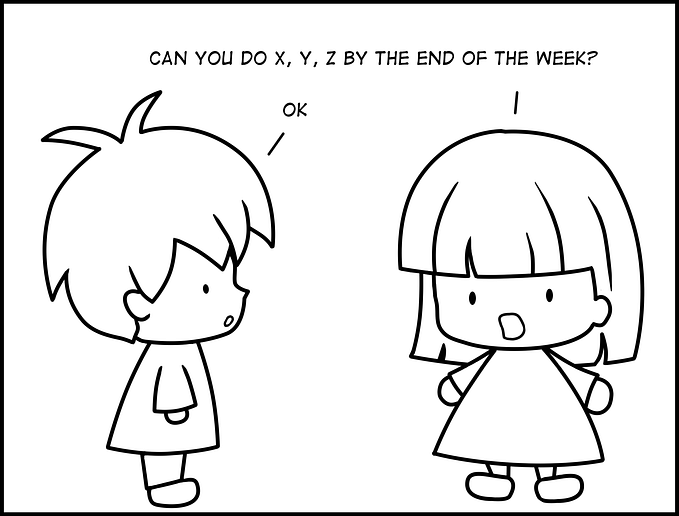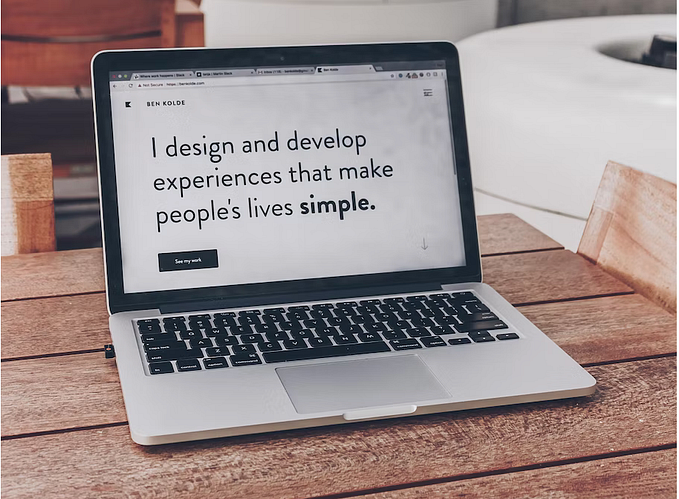
The secret to Design Thinking Facilitation
As I sit in the boarding area of the airport waiting for my flight back home after attending a 21-hours workshop about sprint facilitation in Paris, wondering whether Paris and the rest of the world will be the same after the spread of coronavirus, one question hasn’t ceased to haunt my mind. Is there a secret to facilitation? And if there is one, what is it? After much thinking, I came up with the conclusion that the single most accurate predictor of a workshop's success is the amount of preparation you put in it. In the next few lines, I share with you a couple of words of wisdom about preparation.
1-The secret of facilitation is preparation: The success of a design thinking workshop depends mainly on its preparation. The minimum recommended ratio of preparation should be 2 to 1 and hence if you are planning to facilitate a 3-hours workshop you should spend a minimum of 6 hours in preparation. In addition, it is essential to highlight that one of the most forgotten things in the preparation phase is defining what follows the workshop with the sponsor. For example, if you facilitate a design sprint and the deliverable is a prototype you should make sure there are actions taken to use or develop further this prototype. If there are no follow-up actions planned, then the sponsor should make this clear to the participants and set the right expectations right by qualifying the exercise as a “team-building” and not ‘’ design sprint”.
2-The definition of “deliverables” and “ intent” with the sponsor are key to success: it is crucial to spend enough time framing the project with the sponsor, understanding and defining the context, the intent, the challenge, the criteria of success, the outputs, the next steps after the workshop, the role of the sponsor, the type of decision-making collaborative or participative) and the logistics of the workshop (venue, food, equipment, number of facilitators). Furthermore, it is necessary to agree on the workshop agenda with the sponsor, detailing all the successive sequences to arrive at the deliverables. This step might take several rounds of discussion and meetings over a couple of weeks to finalize it. Remember: Never design or facilitate a workshop if the intent is not clear!
3-The right approach/process to solving the challenge should be defined beforehand with the sponsor: not all sprints are design sprints and you can find below a list of questions that you can ask your sponsor to help you decide whether design thinking is the right approach for your workshop:
-Is User understanding key?
-Is there NO analytical solution to the problem?
-Is the context complex?
-Is the team enthusiastic about finding a solution?
-Is the problem to be solved unclear?
-Is there a lot of uncertainty about the solution?
A positive answer to those 5 questions indicates a challenge that can be potentially solved with Design Thinking.
4-Make sure to see/visit the space before the workshop: the best way to screw up a workshop is to rely on someone else de choose a space for you and hence it is necessary to either pay it a visit or ask for videos and photos. You should look for a convivial and variable space with multiple windows, walls, and whiteboards for post-its and write-ups, prototyping material and a kitchen with tea, coffee, and snacks. Space should foster interaction between teams, a dynamic attitude and allow the facilitator to move easily. The rule is 2 to 3 chairs for each participant so if a conference room fits 100 chairs the workshop should host between 30 and 40 people.
Mastering the art of facilitation is a new-millennium career skill that can be learned through practice and preparation. I will be writing a series of articles about the topic of sharing my experience with you. Stay tuned!
Clap 👏🏼 for the article if you find it interesting, and share it with your friends.











